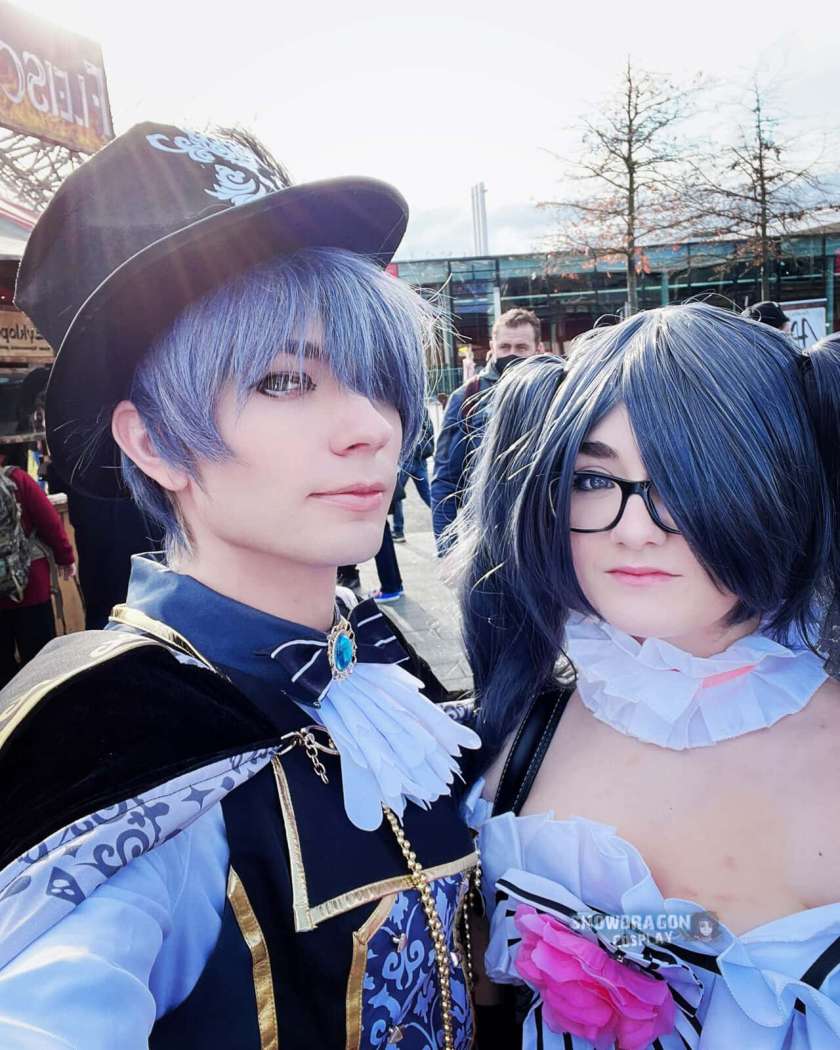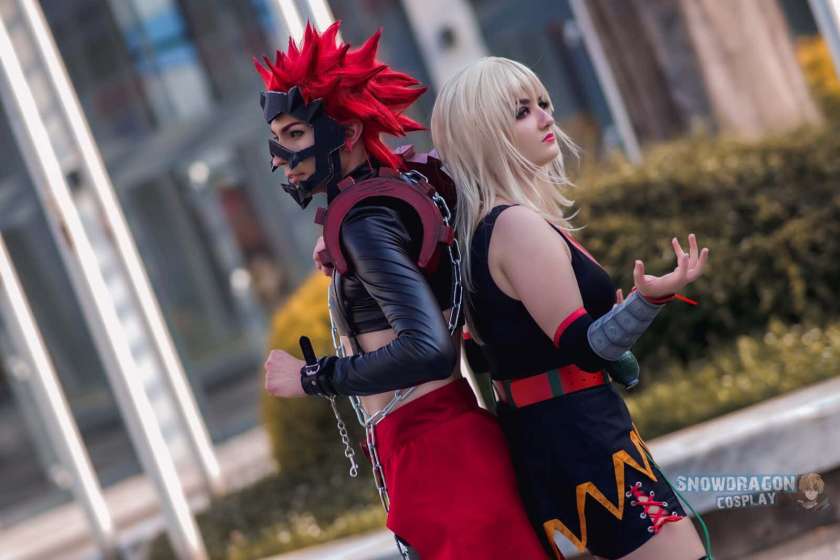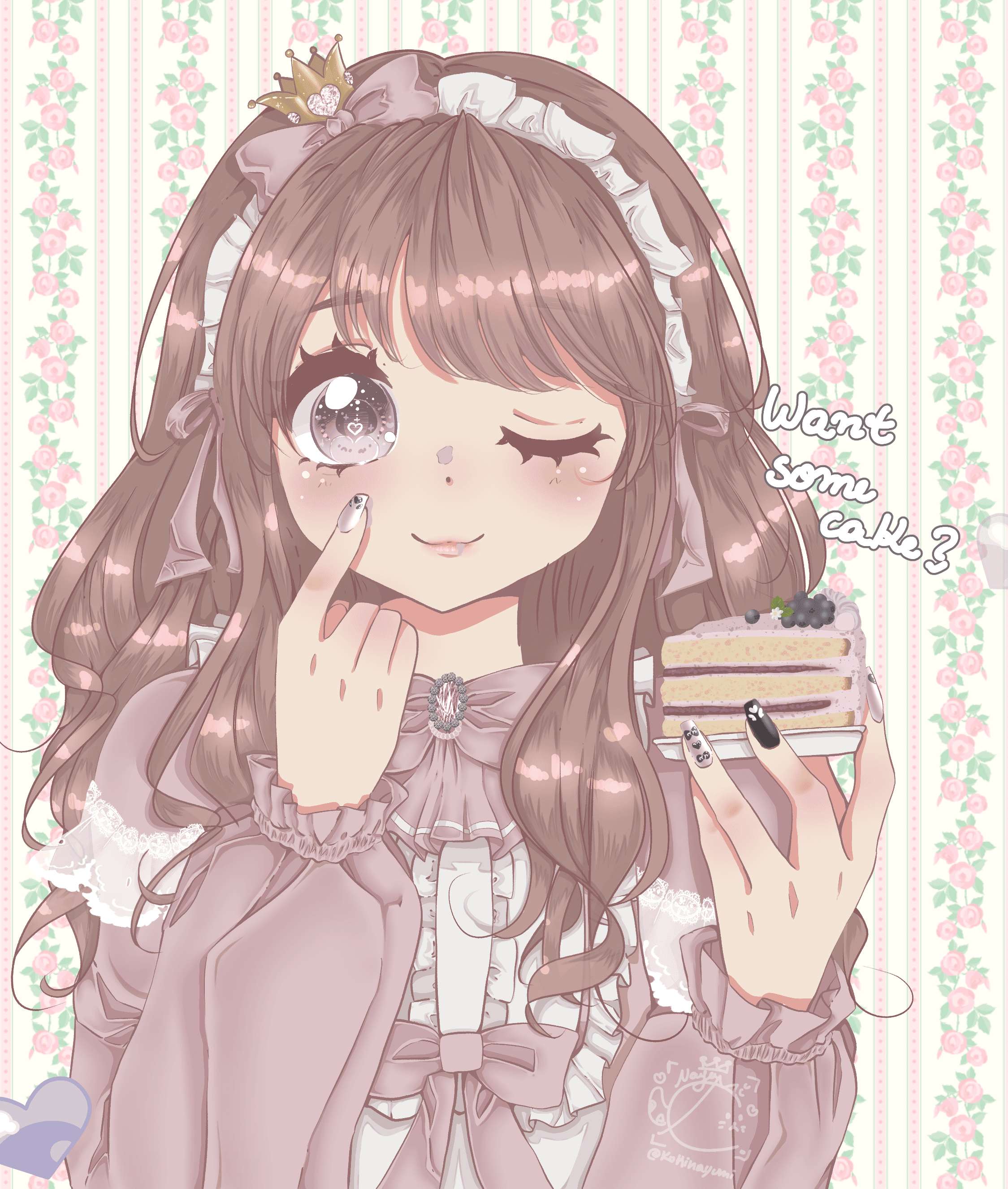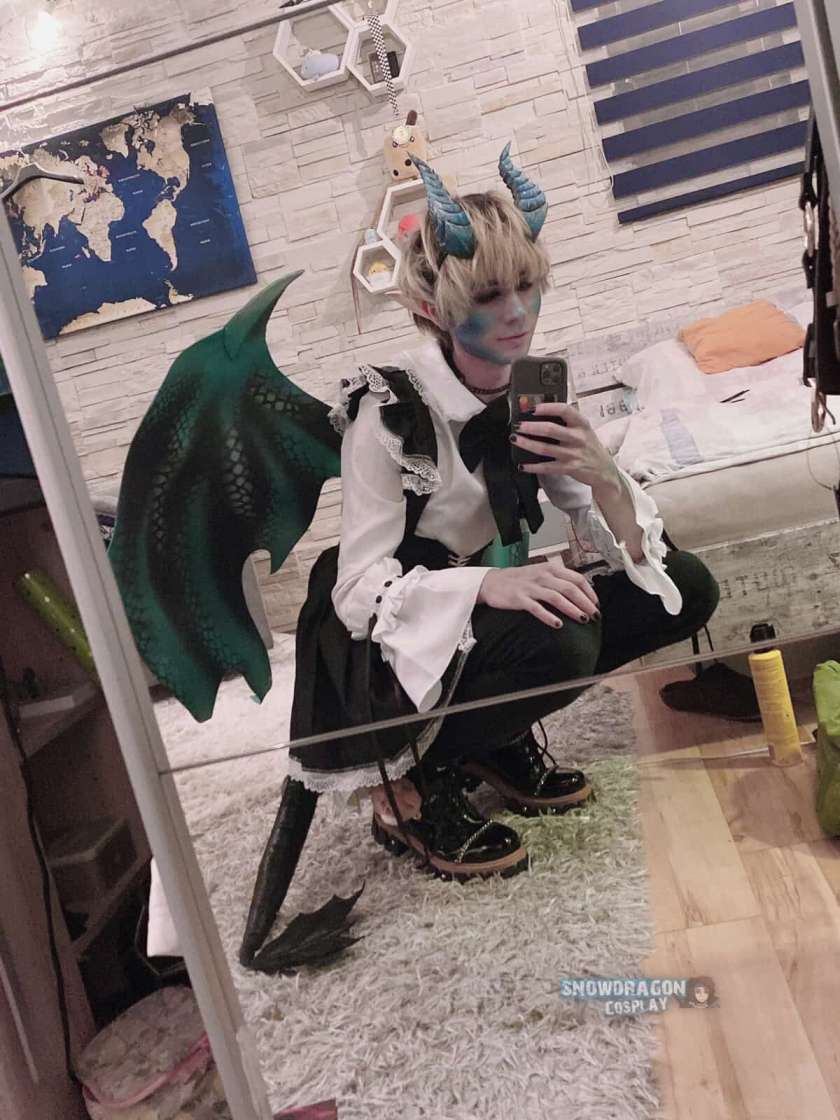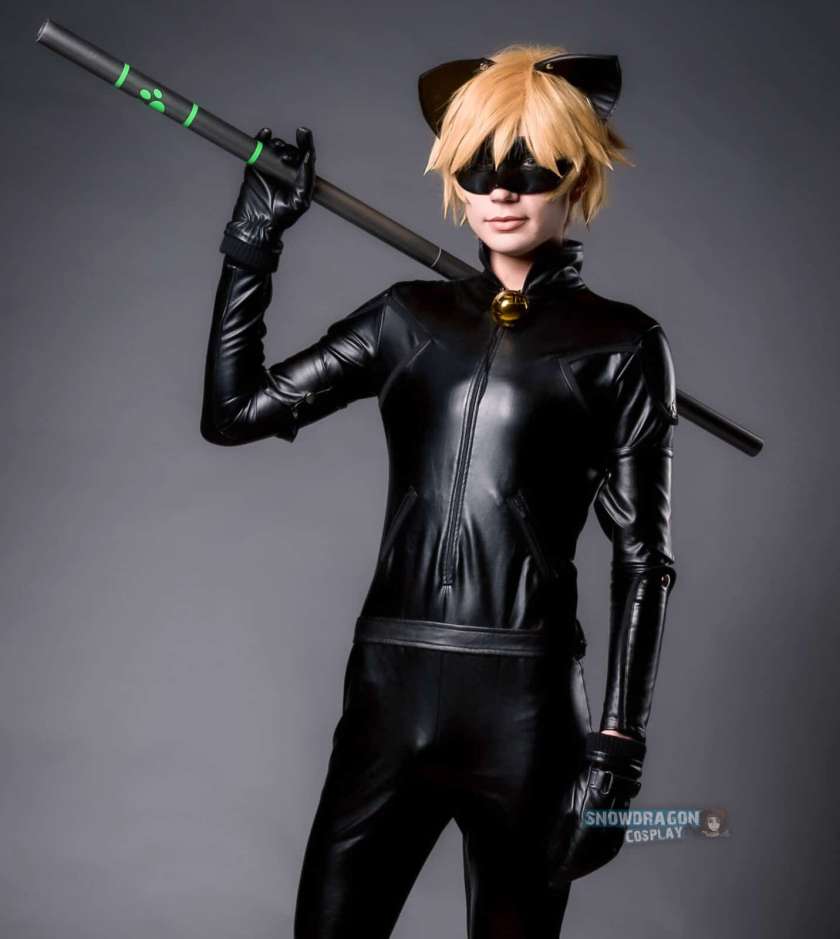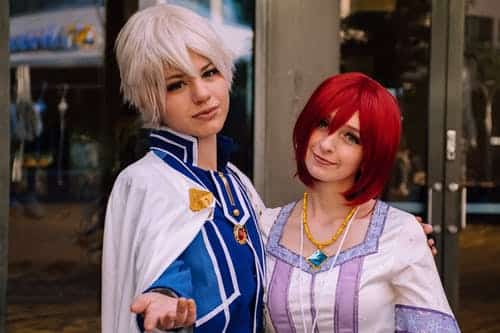
You’ve probably noticed that over the last few years, cosplay has become a huge part of popular culture. More and more people are starting to cosplay as their favorite characters from various TV shows, books, films etc., and there’s been a greater conversation around it as well.
But have you ever wondered how exactly these passionate fans actually say cosplay? How do you pronounce all of these terms and phrases correctly, and what does it mean if you don’t?
Today we will be looking at exactly that; we’ll teach you how to say cosplay, as well as some common cosplay terms and the origins of the culture. Let’s first start with the term ‘cosplay.’
What is Cosplay?
Cosplay is a Japanese word that can be translated as “costume play,” and it refers to the act of wearing a costume in order to represent an established character. This is also known as “cosplaying” or “costuming.” The term originated in the West when anime became popularized in America in the 1990s. It has since grown into international performance art, with groups like COSPLAY highlighting issues they experience due to their ethnicity while cosplaying.
However, in Japan, cosplay is not considered performance art. Here, cosplayers are viewed as being otaku, which in Japanese has a negative connotation of extreme fandom with little or no social life. While there are many differences between Western and Eastern perceptions of cosplay when it comes to pronunciation, the two cultures have found common ground.
Author
How do you pronounce cosplay?
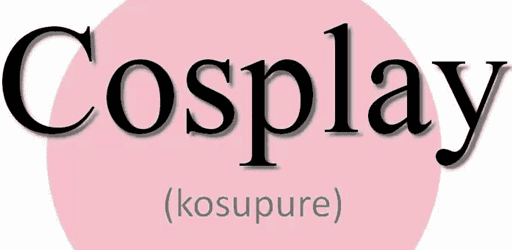
It is important to mention that cosplay can be pronounced with any English sounds, including those not included in this acronym. The most common non-accented pronunciation of cosplay is “kohz-PLAY” (where the stress is placed on the second syllable).
In Japanese, the word “kosupure” is pronounced exactly how it is written, with the only exception being that a glottal stop might be This is the same pronunciation used when referring to a place in Japan where you can play dress up. However, when referring to cosplay in English, just as it is written in this article.
Note that the glottal stop might be pronounced differently depending on the person and where they are from. Where a glottal stop can change how a word sounds entirely depends on what sound comes before it. This means it could make a completely different sound like how it does in the word “bottle.”
Common Cosplay Terms Explained
Common cosplay terms that you should know include:
cosplayer – n. A person who dresses up in costumes to represent a character from a movie, TV show, book or video game; similar to the word ‘role-player’.
Cosplay – n. The act of dressing up in costumes to represent characters.
Fansub – n. An edited version of an anime that is released by enthusiasts who want to sub it for others. It contains subtitles in the language they choose, and sometimes it’s an unlicensed product.
Anime – n. Japanese style animation which has become popular all over the world.
Kawaii – adj. The Japanese word for cute, adorable, pretty or sweet. This word is often used to describe Japanese pop culture, fashion and art.
Manga – n. Japanese comics that are typically in black and white with no coloring.
Cosplaying – v. The act of dressing up as a character from a particular TV show, book, movie etc., to represent them at conventions or other events.
Cosplay group – n. A group of people who dress up to represent characters from the same TV show, book, movie, etc.
Cosplay competition – n. An event that takes place at a convention or other event where cosplayers can compete against each other by showcasing their costumes and portraying their character as accurately as possible.
Otaku – n. A term used for someone who has an obsessive interest in comics, video games, etc., similar to the word ‘geek.
Cosplay Pronunciation Tips for Beginners
If you’re new to cosplaying, pronunciation can be a difficult thing to learn. Here are some tips to help you get started:
Always pronounce every letter of every word. This is especially important with Japanese words, which often have very different sounds than English words.
Pay attention to the accent and stressed syllables of the word. For instance, the word “cosplay” is stressed on the second syllable, so it should be pronounced “Kohs-PLAY.”
When in doubt, practice saying the word out loud a few times until you get it right.
Remember that you’re pronouncing words, not reading them. Most people will not spell out the word for you, so there’s no need to try to sound it out.
And finally, if all else fails, find a native speaker of the language and ask them how to pronounce it!
Origins of Cosplay and How it has Evolved Over the Years
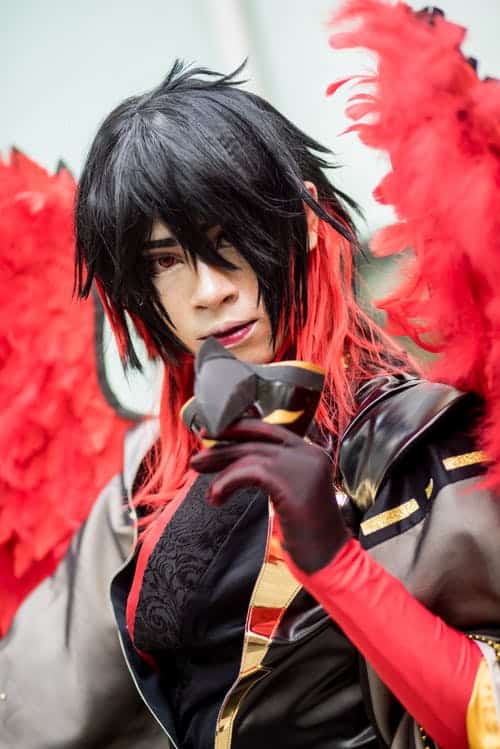
Cosplay has its origins in the wearing of costumes by performers. Nobuyuki Takahashi of Studio Hard coined the term while he attended the World Science Fiction Convention in Los Angeles in 1984. He observed fans dressed as characters from the Japanese anime TV series Mobile Suit Gundam and noted in an interview that “many people are interested in dressing up as their favorite characters.”
It is also known that some American superheroes like Spider-Man and Batman were being cosplayed in Japan even before the word was invented.
Cosplay first gained popularity in Japan during the late 1980s and early 1990s due to the popularization of Japanese animation (anime) outside of Japan. A large number of anime and manga fans gather at public events, such as anime conventions (anime cons) and manga cafés (manga Kissa), to show off their best cosplay costumes.
The term “cosplay” is a portmanteau of the words costume and role-play. The precise origin of the term is unknown, but it may be related to the Japanese words for “dress,” “costume” (コスチューム kosuchuumu), and “play” (プレイ purei).
Let’s Conclude
Now that you know how to properly pronounce the word cosplay, you can go ahead and get into the cosplay world and earn your recognition.
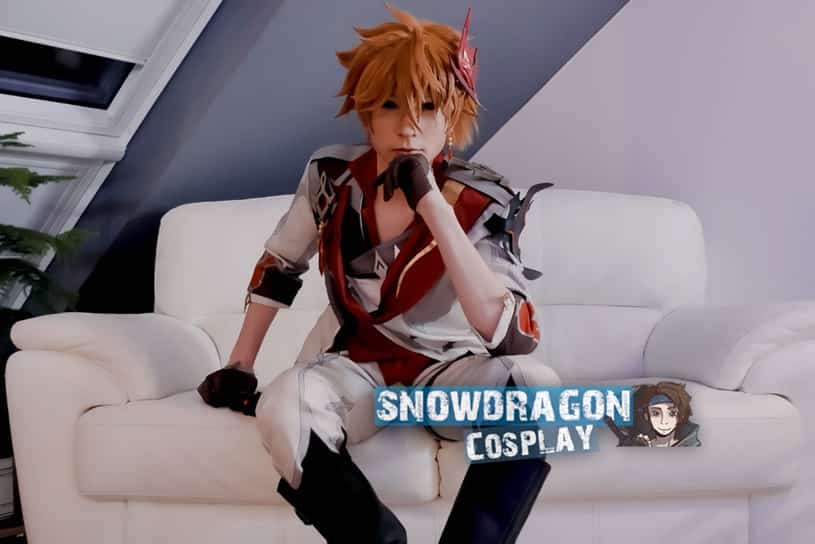
That said, if you’re looking for prominent cosplayers to collaborate with, you can contact SnowDragon via Instagram.
Author
-

Cosplayer, Crafter, blogger. Expert on all things cosplay.

